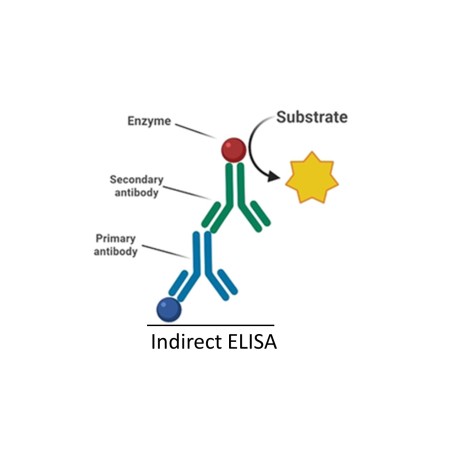More info
Anti-dsDNA antibodies are a group of anti-nuclear antibodies and their target antigen is double stranded DNA. Blood tests such as ELISA and immunofluorescence are routinely performed to detect anti-dsDNA antibodies for clinical samples. They are highly diagnostic of systemic lupus erythematosus (SLE) and are implicated in the pathogenesis of lupus nephritis. Anti-dsDNA antibodies can also be produced through infection via a mechanism known as molecular mimicry. Epstein-Barr virus is also known to induce dsDNA antibodies, as seen after immunisation of animals with EBNA-1 epitopes. Anti-dsDNA antibodies might also be created secondary to the production of antibodies to other proteins within the nucleosome. Mice that have T cells directed towards the nucleosome can elicit a response to other antigens such as dsDNA and histone via a mechanism known as antigen spreading. This effect can also occur after an infection causes the production of autoantibodies to other structures within the nucleus.


